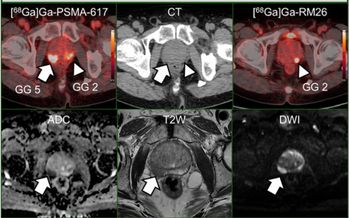
Physicians neglect stroke diagnosis in women
The notion that stroke is a male disease may be putting women at risk. A recent study found women are less likely than men to receive certain diagnostic tests for stroke.
The notion that stroke is a male disease may be putting women at risk. A recent study found women are less likely than men to receive certain diagnostic tests for stroke.
While incidence of stroke in women may be a lower than in men, women are likely to have worse outcomes, according to researchers reporting at the American Academy of Neurology's annual meeting in Miami.
"Unfortunately, stroke is still thought by some to be a disease in men. Although more common in men, stroke must be considered when evaluating a patient for neurological changes regardless of patient gender. The current study suggests the possibility that women may not be receiving the same evaluation after stroke as men," said lead author Dr. Melinda Smith Cox, a research associate and project manager of the Brain Attack Surveillance in Corpus Christi project.
Smith and colleagues examined data from a population-based stroke surveillance study conducted in southeast Texas. They studied a random sample of 381 ischemic stroke cases identified between 2000 and 2002 for gender differences in the use of three diagnostic tests: echocardiography, brain MRI, and carotid ultrasound. The sample included 161 men and 220 women.
The researchers adjusted for a variety of factors among the population:
- age
- ethnicity
- hypertension
- diabetes
- history of stroke
- coronary artery disease
- insurance status
Study results found a significant gender difference in the use of carotid ultrasound (71% for men compared with 60% for women) and echocardiography (57% for men and 48% for women) for stroke diagnosis. Investigators did not report any significant differences for MR exams or ECGs.
While the study did not examine data for evidence connecting the lack of testing for women with their poor clinical outcomes, more research needs to be done to assess the possible differences in stroke evaluation in men and women, Cox said.
"If differences are in fact confirmed, reasons for these differences should be examined. Physician education to address this disparity would also be necessary," she said.
For more information from the Diagnostic Imaging online archives:
Newsletter
Stay at the forefront of radiology with the Diagnostic Imaging newsletter, delivering the latest news, clinical insights, and imaging advancements for today’s radiologists.














